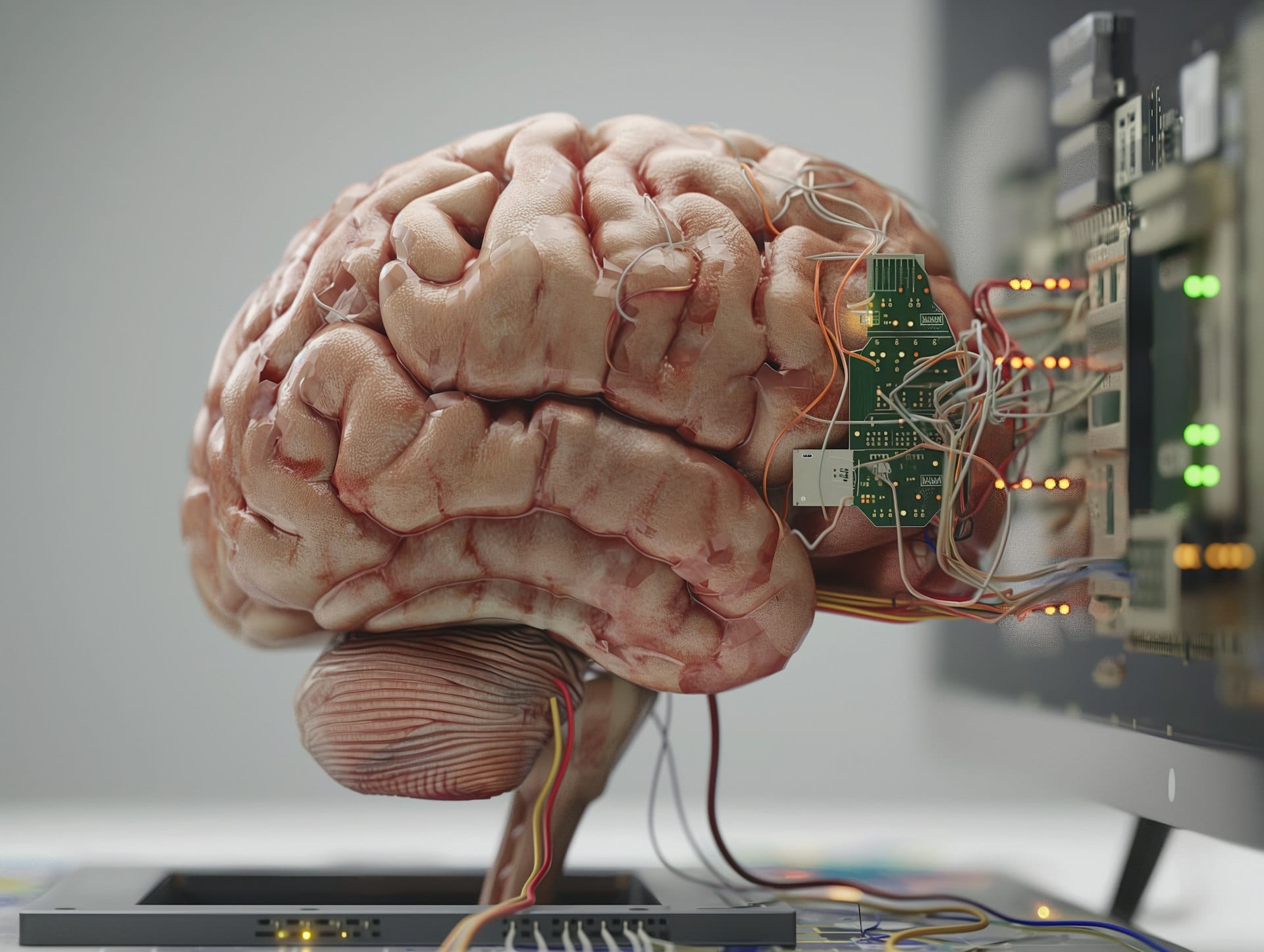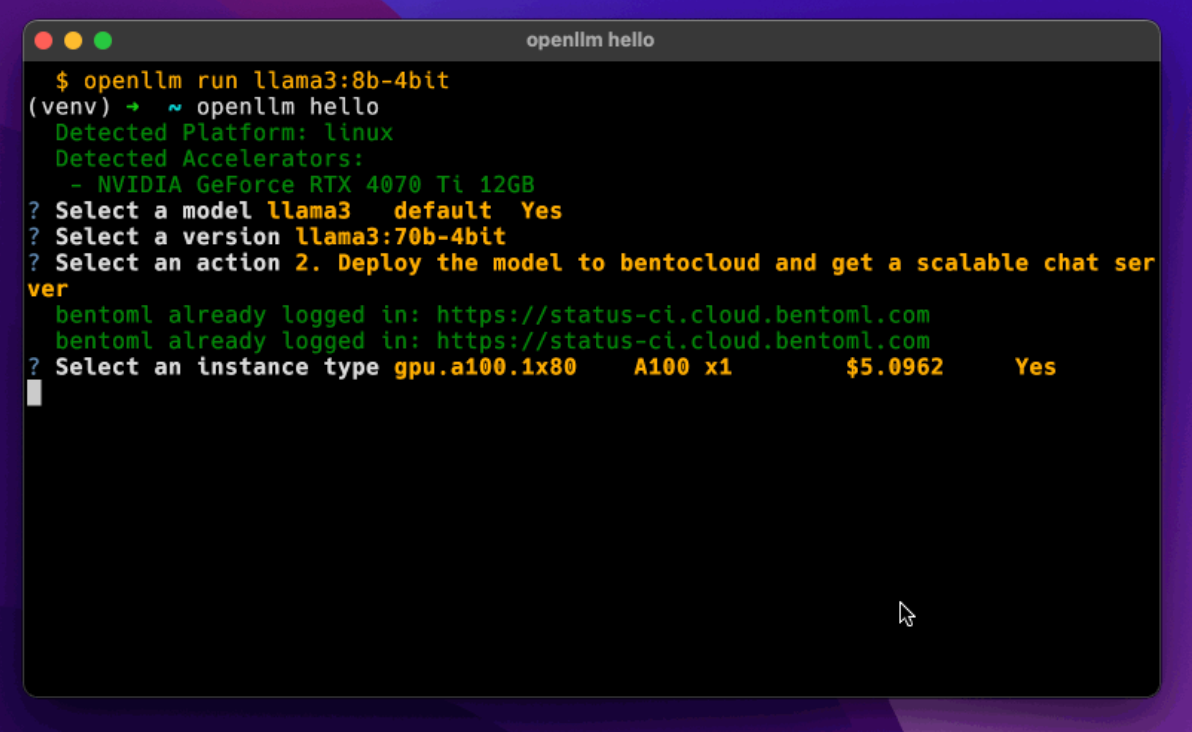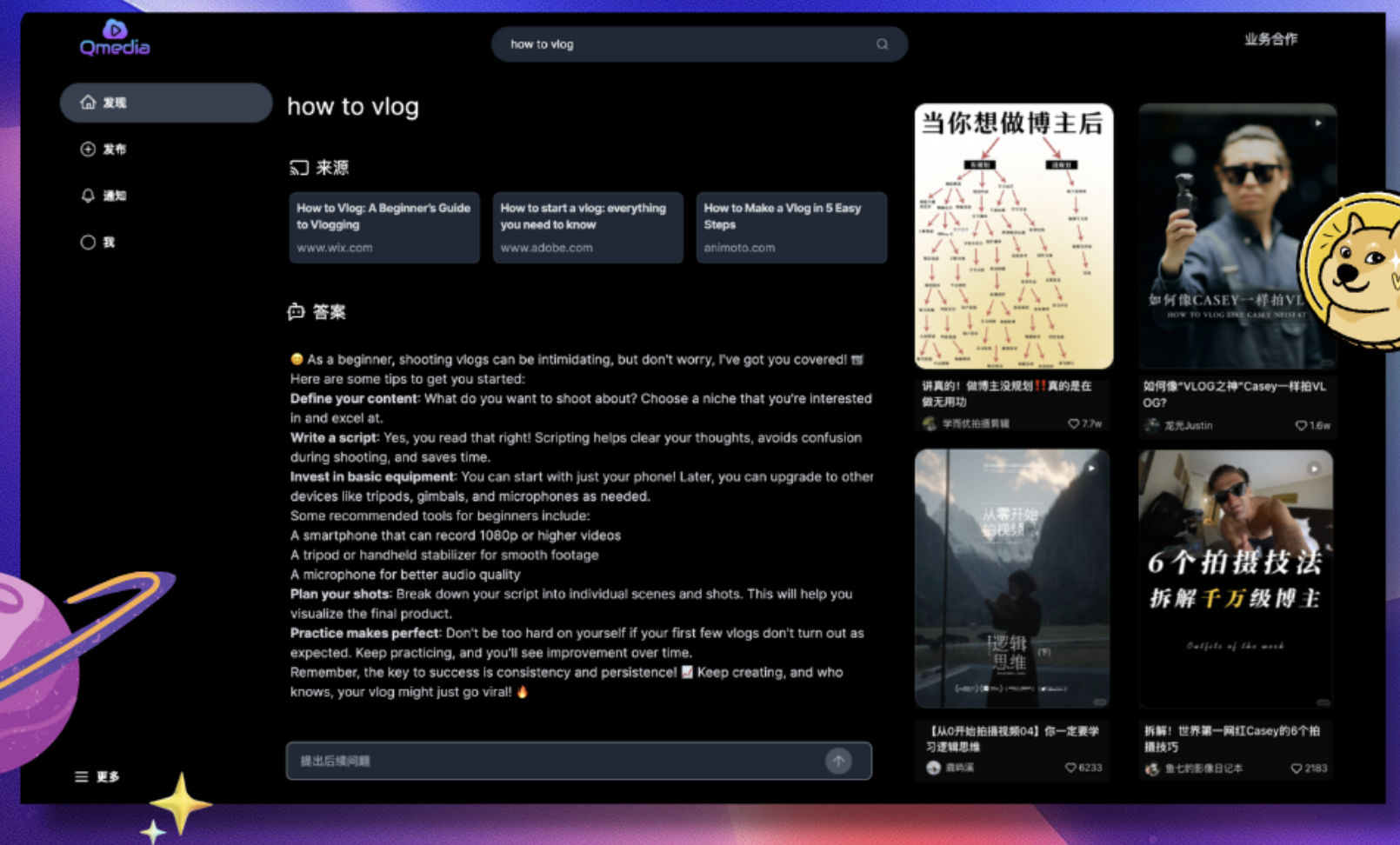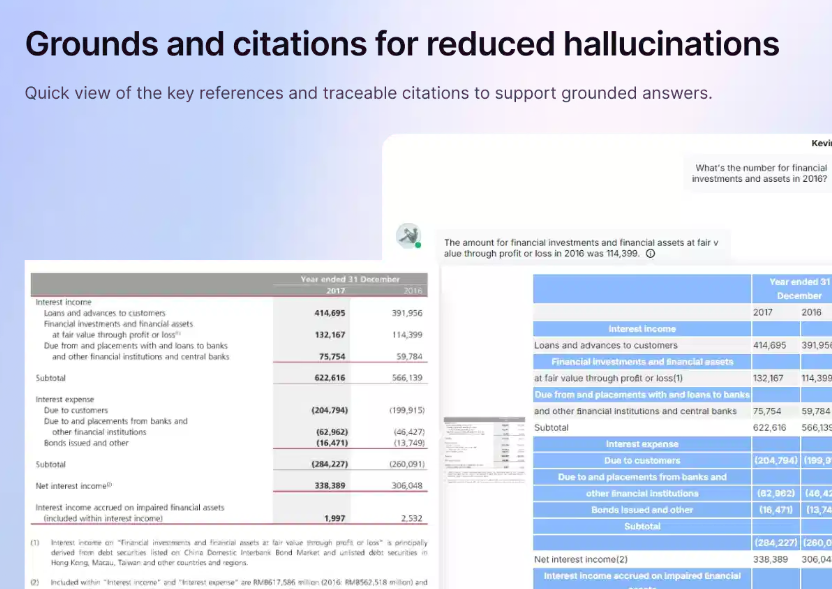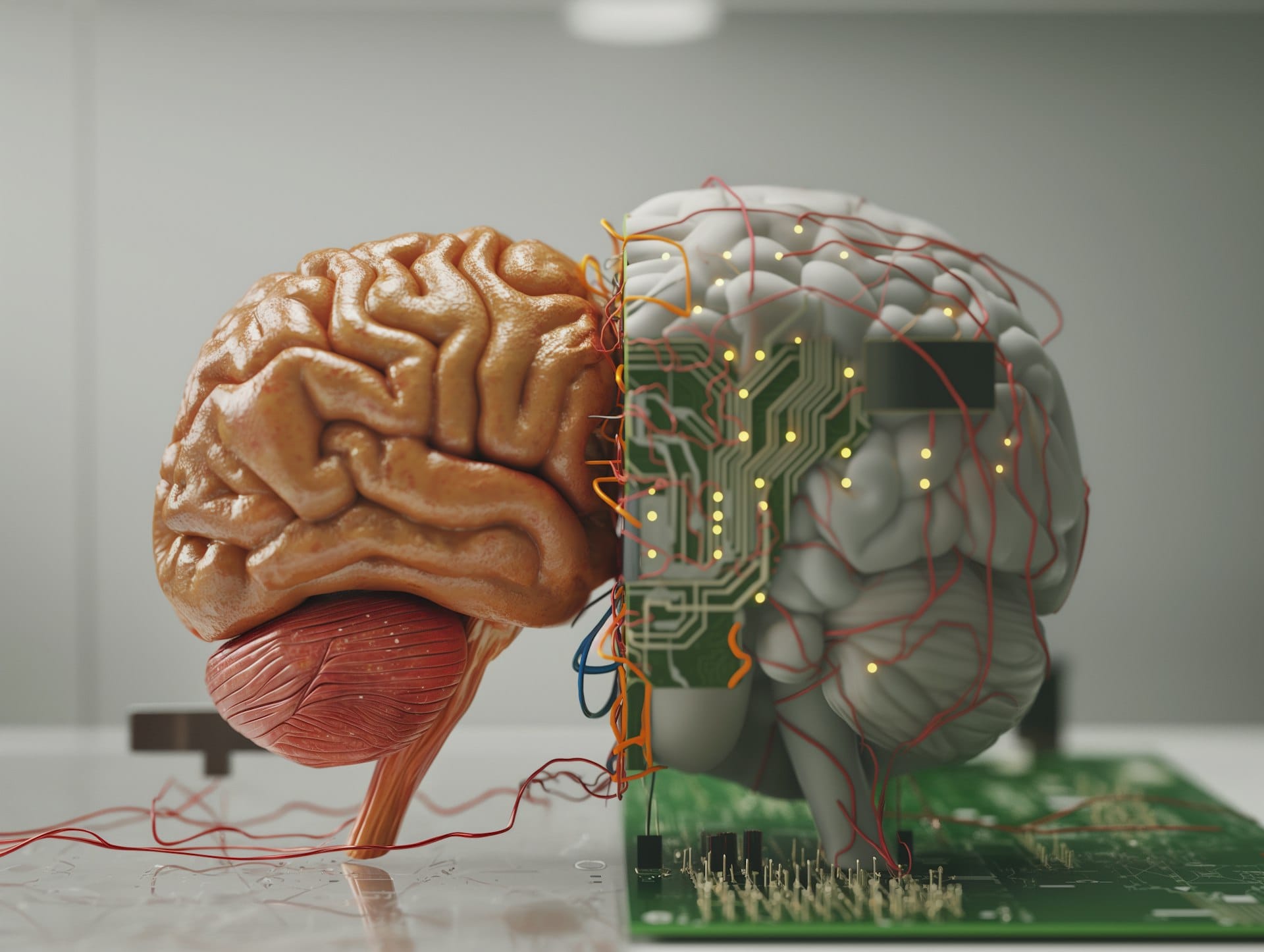LLM-Aided OCR - Get More Accurate OCR Outputs with this Open-source App
Table of Content
Sometimes, traditional OCR just doesn’t cut it. I’ve tried several tools in the past to get accurate results, but they often fell short. With the power of LLMs and Retrieval-Augmented Generation (RAG), though, you can achieve much more precise and well-designed outputs—just like the project I’m working on today.
The LLM-Aided OCR Project is an open-source project that uses advanced natural language processing and large language models (LLMs) to dramatically improve OCR results, turning raw text into accurate, well-formatted, and readable documents.
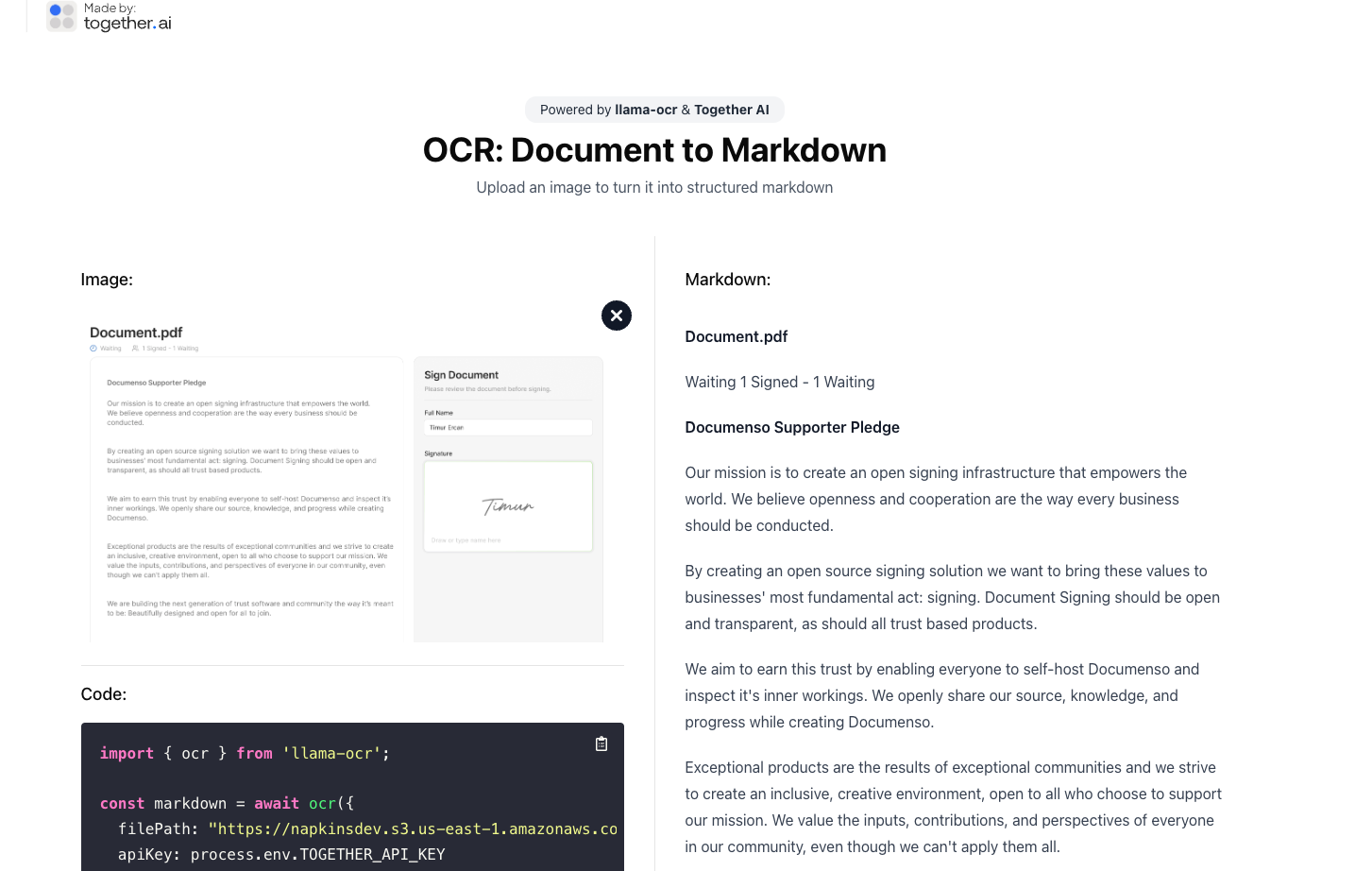
Features
- PDF to image conversion
- OCR using Tesseract
- Advanced error correction using LLMs (local or API-based)
- Smart text chunking for efficient processing
- Markdown formatting option
- Header and page number suppression (optional)
- Quality assessment of the final output
- Support for both local LLMs and cloud-based API providers (OpenAI, Anthropic)
- Asynchronous processing for improved performance
- Detailed logging for process tracking and debugging
- GPU acceleration for local LLM inference
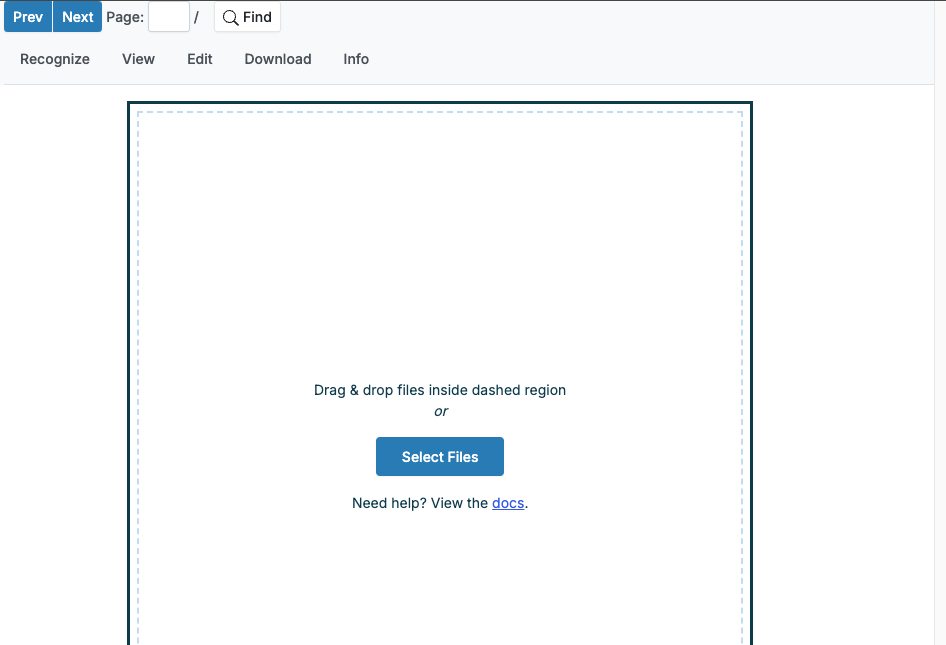
Requirements
- Python 3.12+
- Tesseract OCR engine
- PDF2Image library
- PyTesseract
- OpenAI API (optional)
- Anthropic API (optional)
- Local LLM support (optional, requires compatible GGUF model)
How does it work?
The LLM-Aided OCR project employs a multi-step process to transform raw OCR output into high-quality, readable text:
- PDF Conversion: Converts input PDF into images using
pdf2image. - OCR: Applies Tesseract OCR to extract text from images.
- Text Chunking: Splits the raw OCR output into manageable chunks for processing.
- Error Correction: Each chunk undergoes LLM-based processing to correct OCR errors and improve readability.
- Markdown Formatting (Optional): Reformats the corrected text into clean, consistent Markdown.
- Quality Assessment: An LLM-based evaluation compares the final output quality to the original OCR text.
License
This project is licensed under the MIT License.
Resources
Interested in more open-source LLMs, AI and RAG resources?
We covered 300+ open-source AI, LLMs resources in the last 15 months. You can check our best pieces here.

